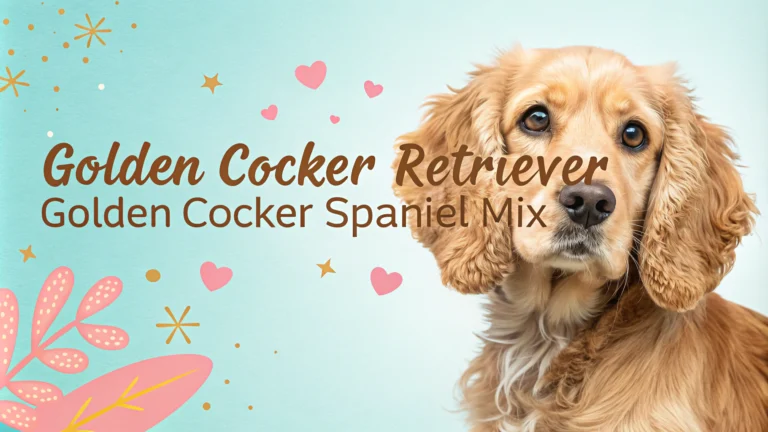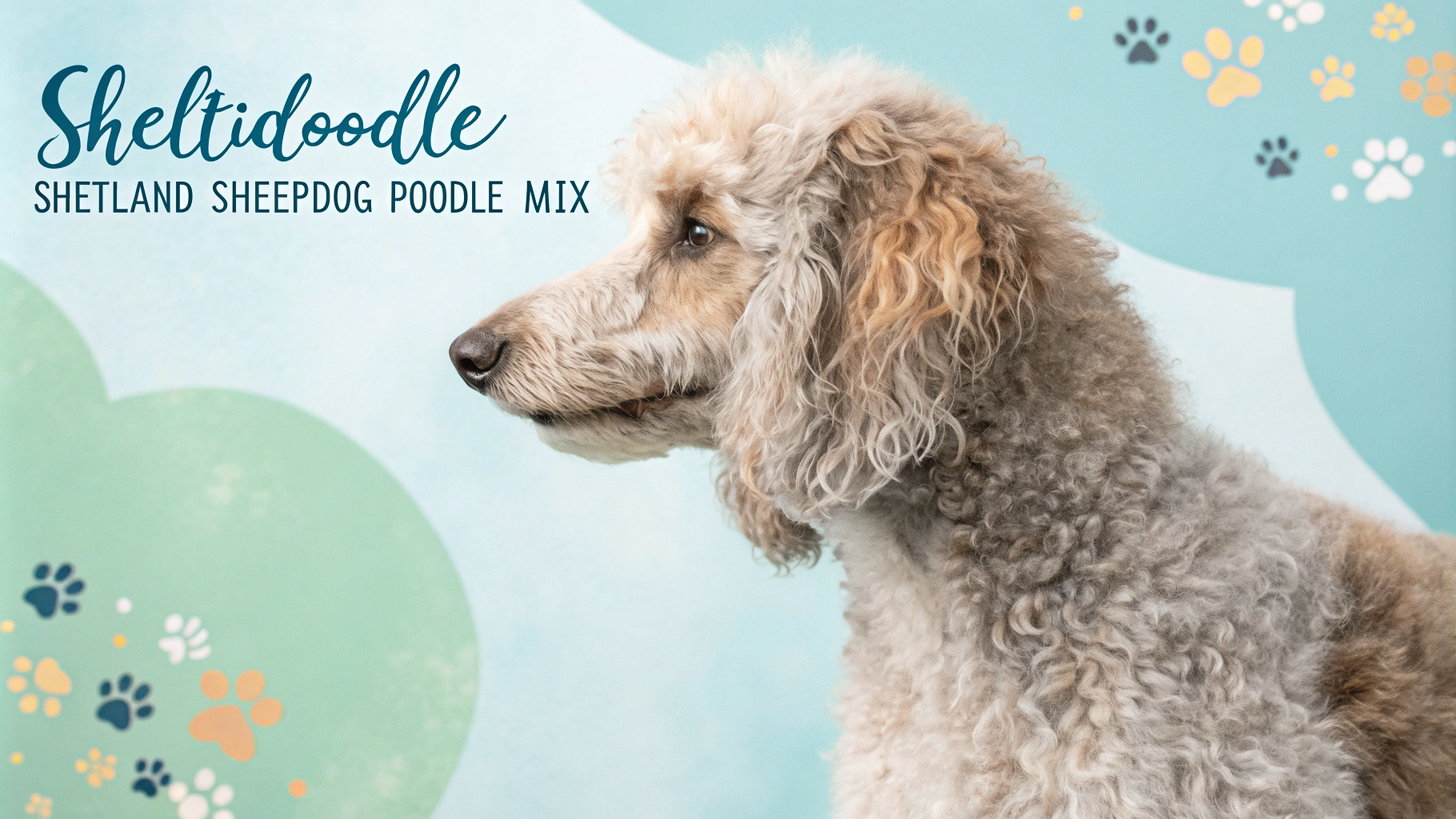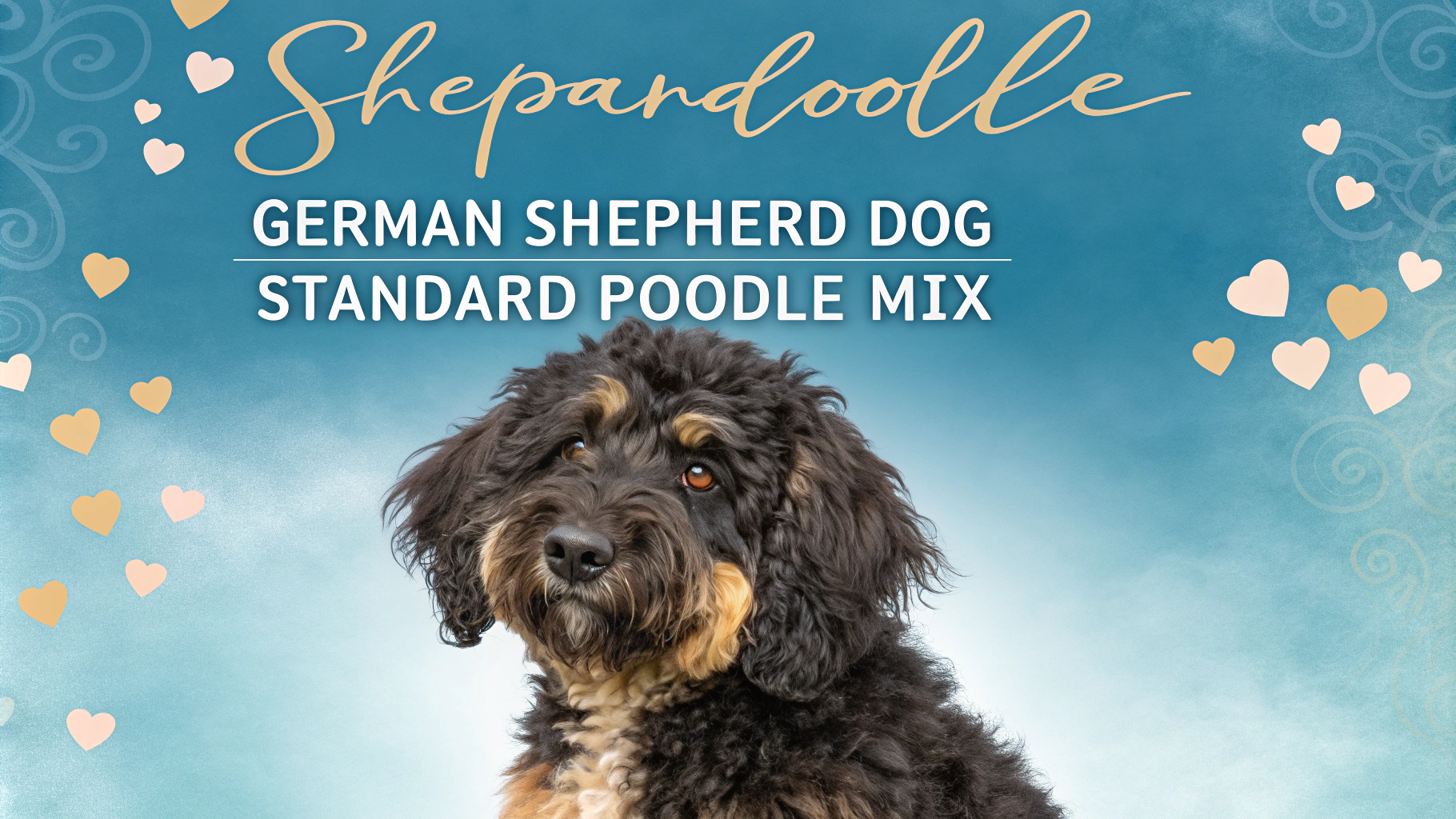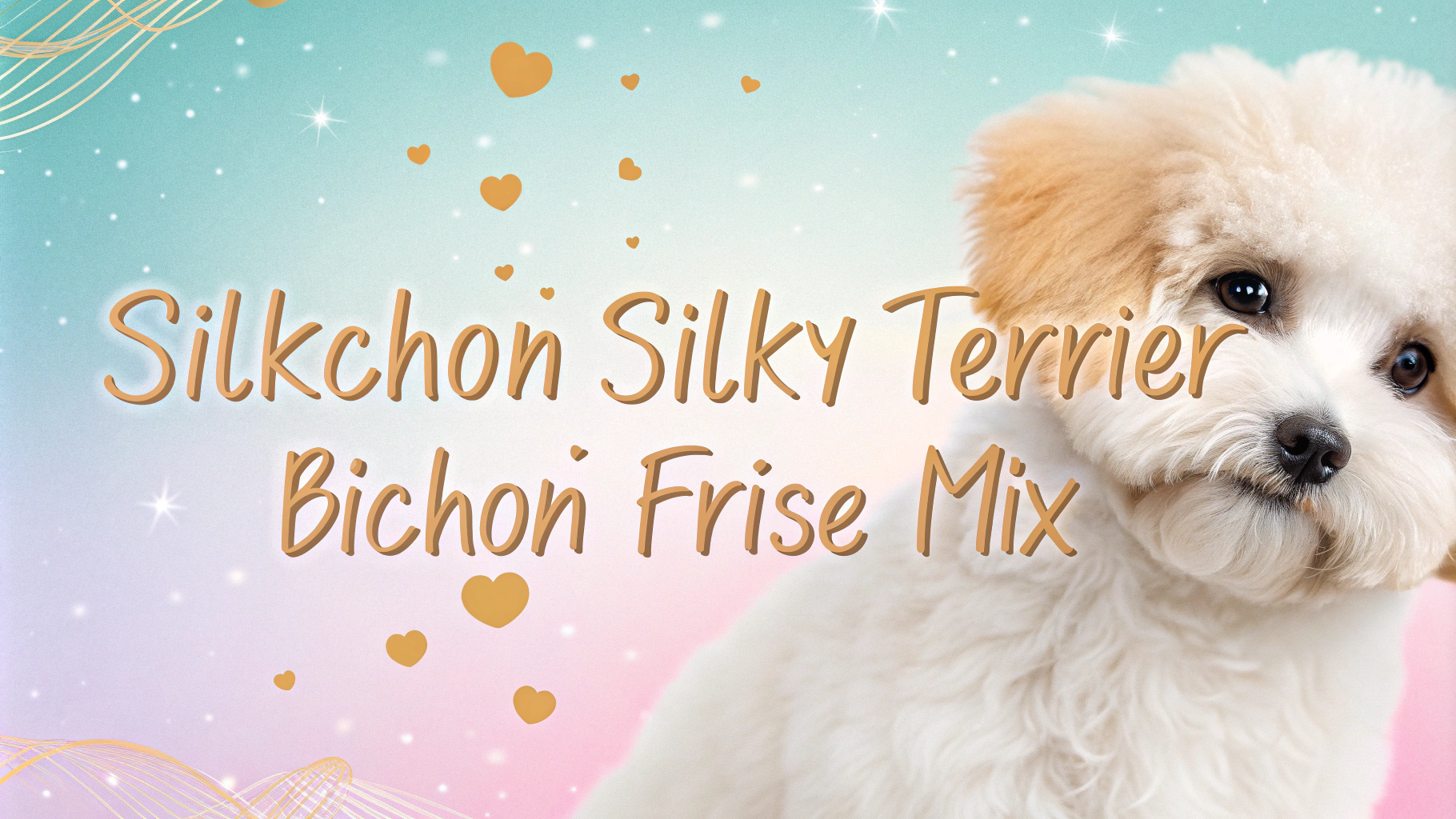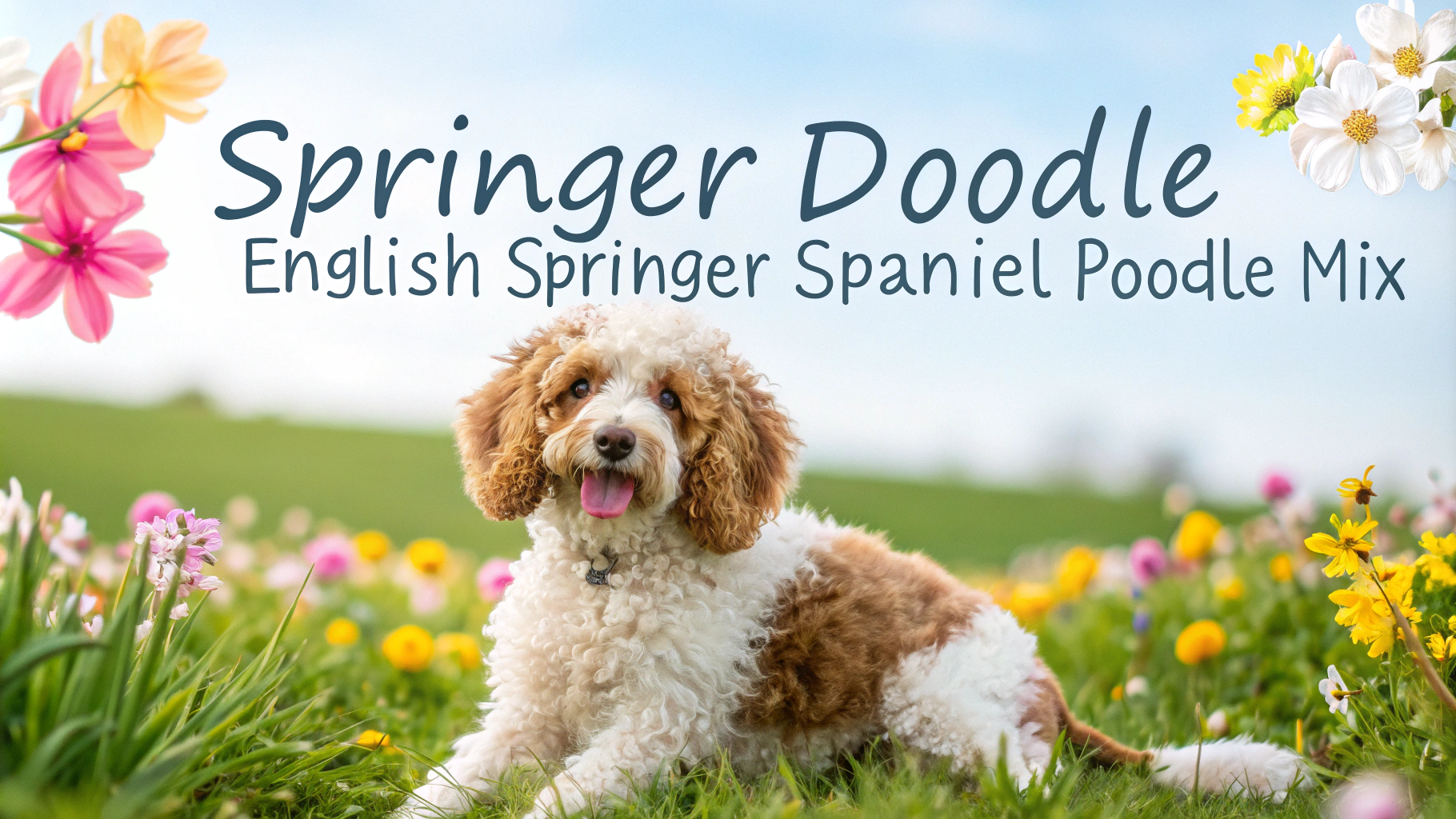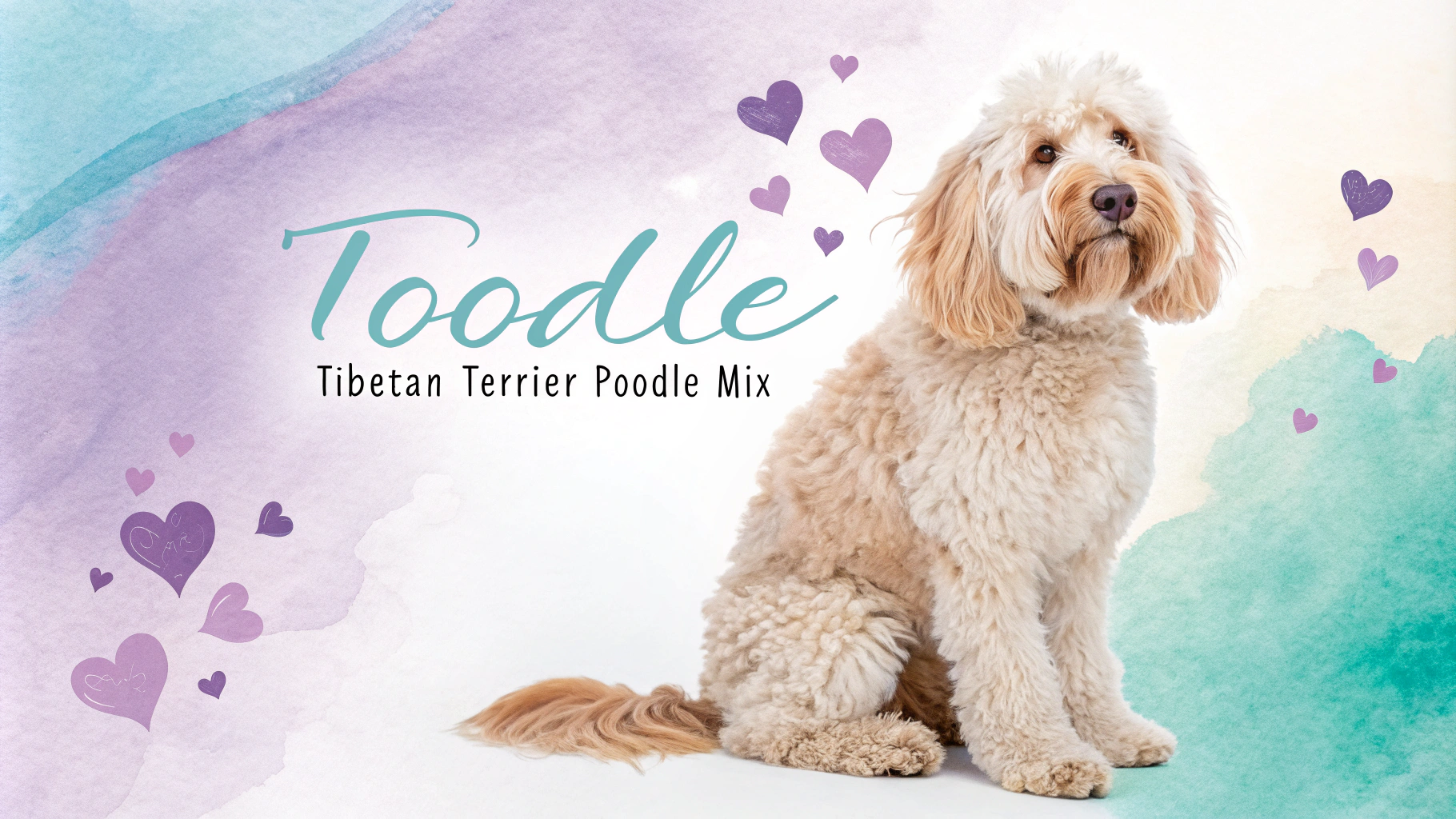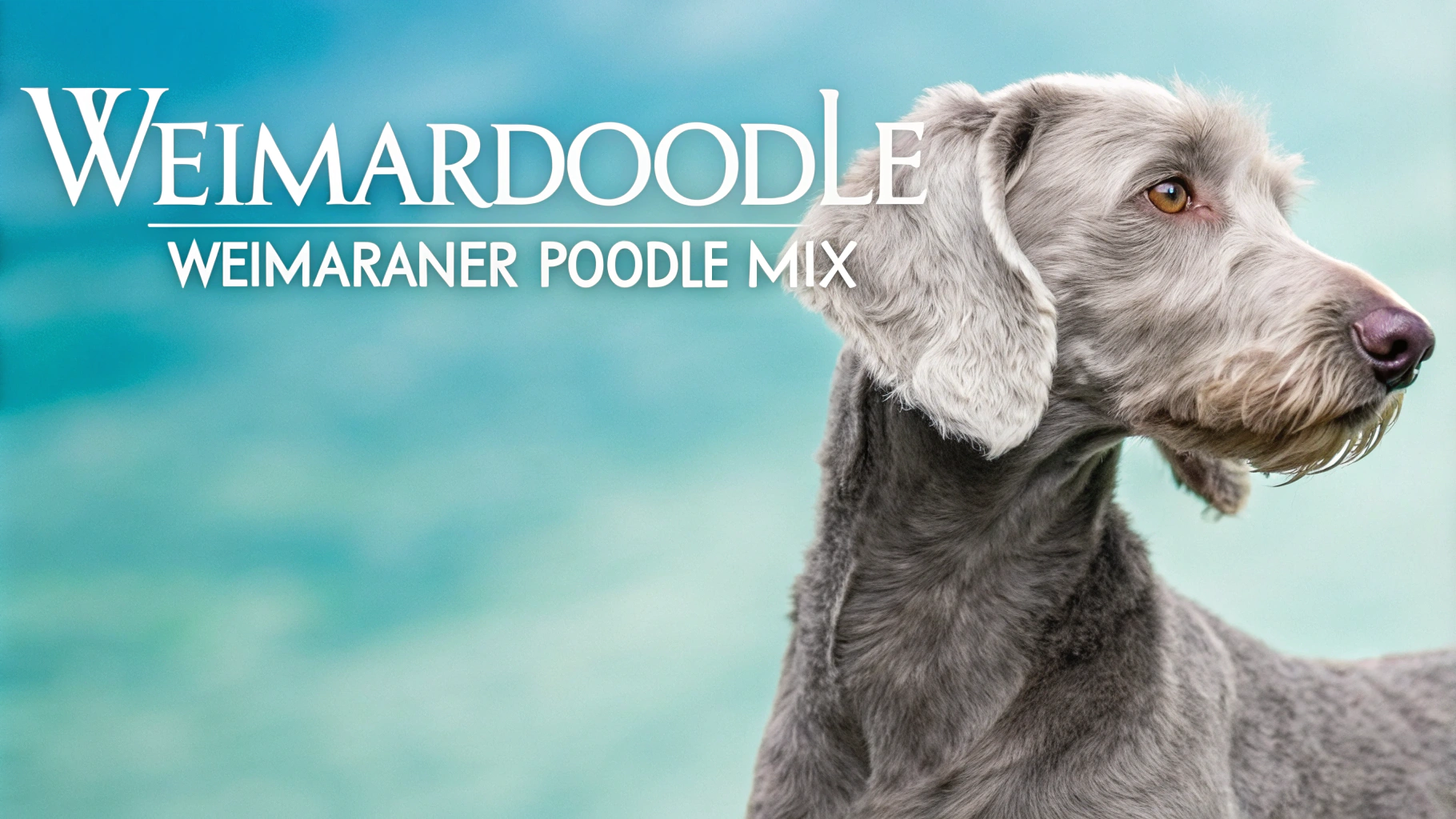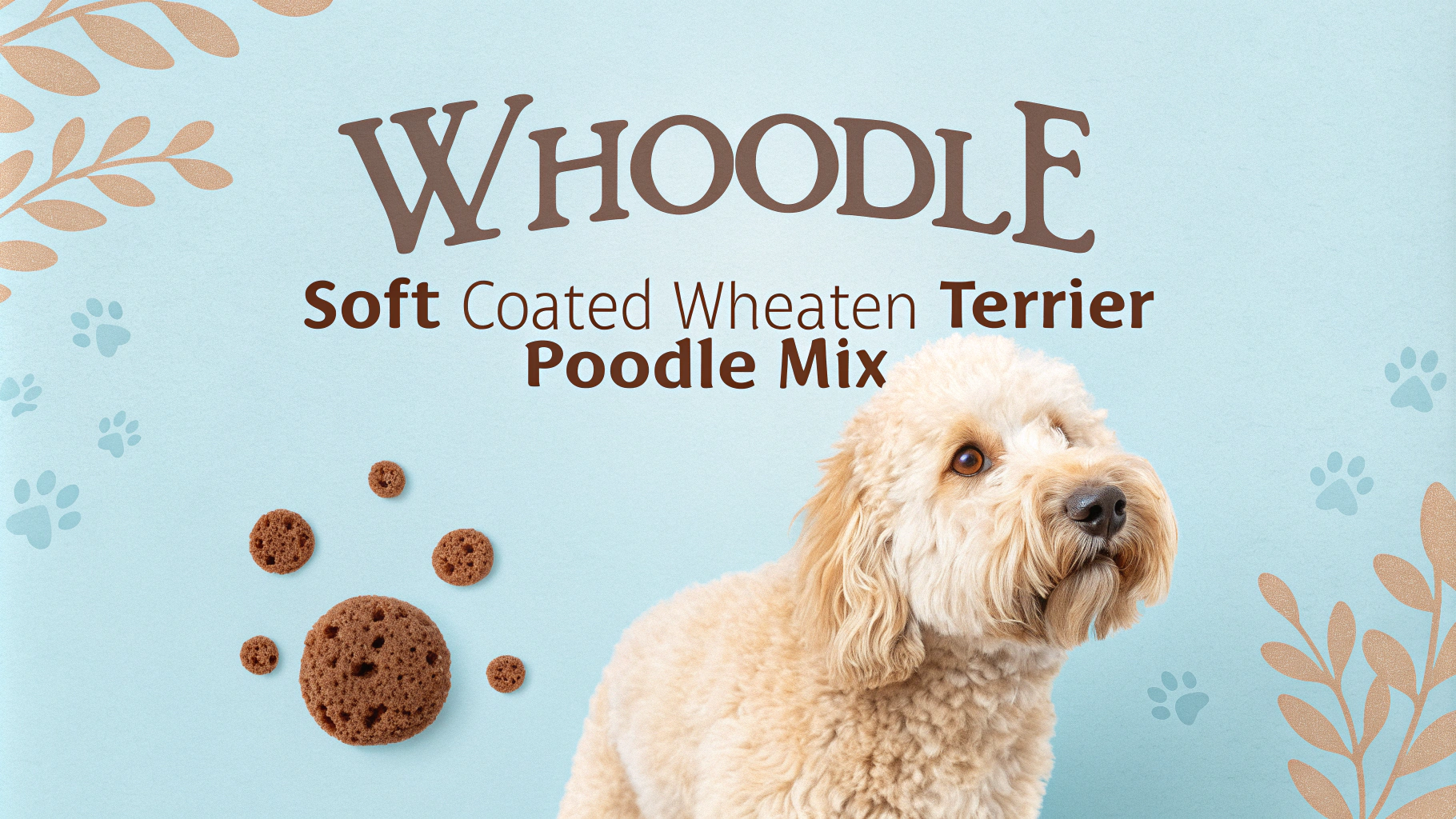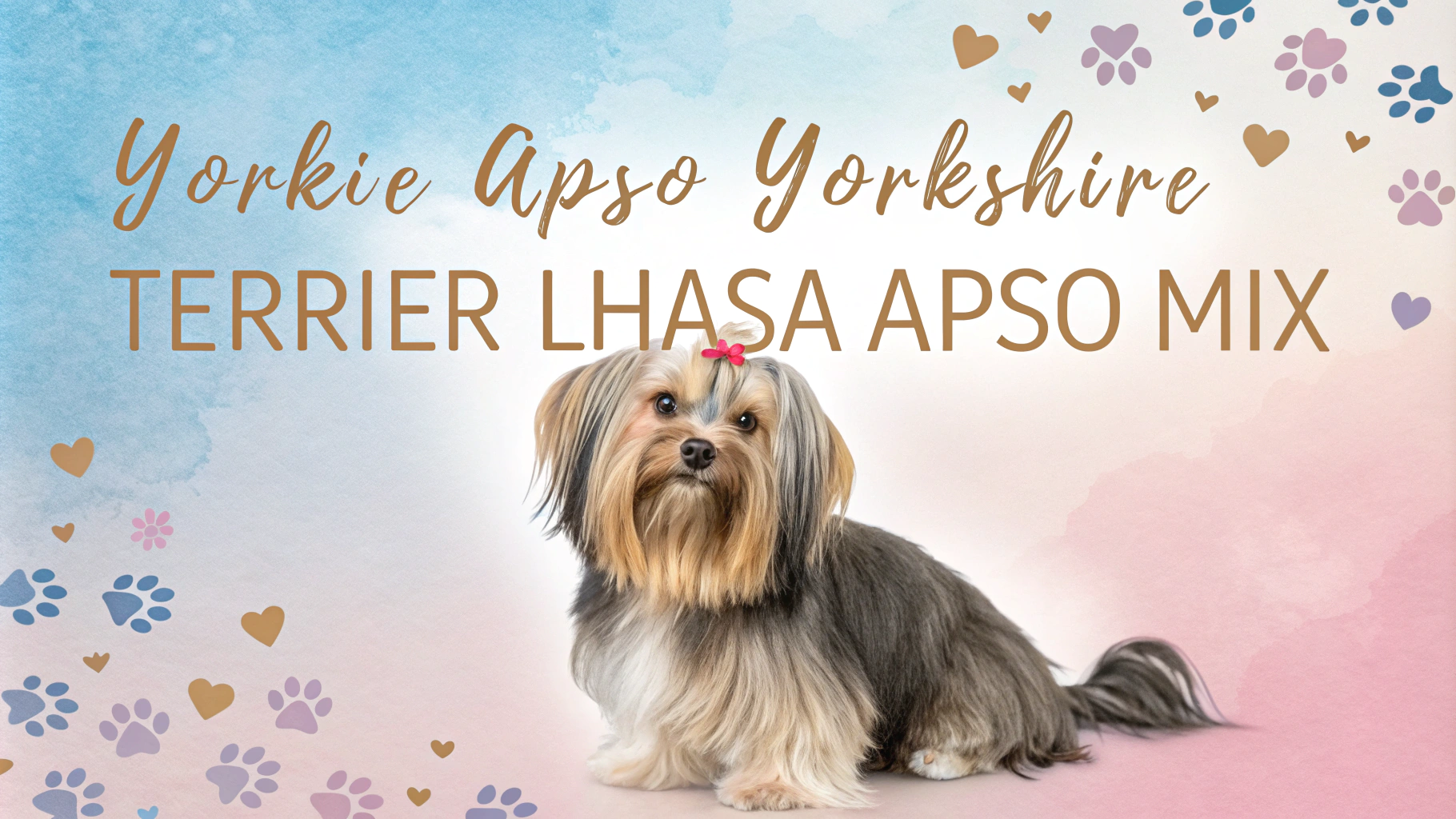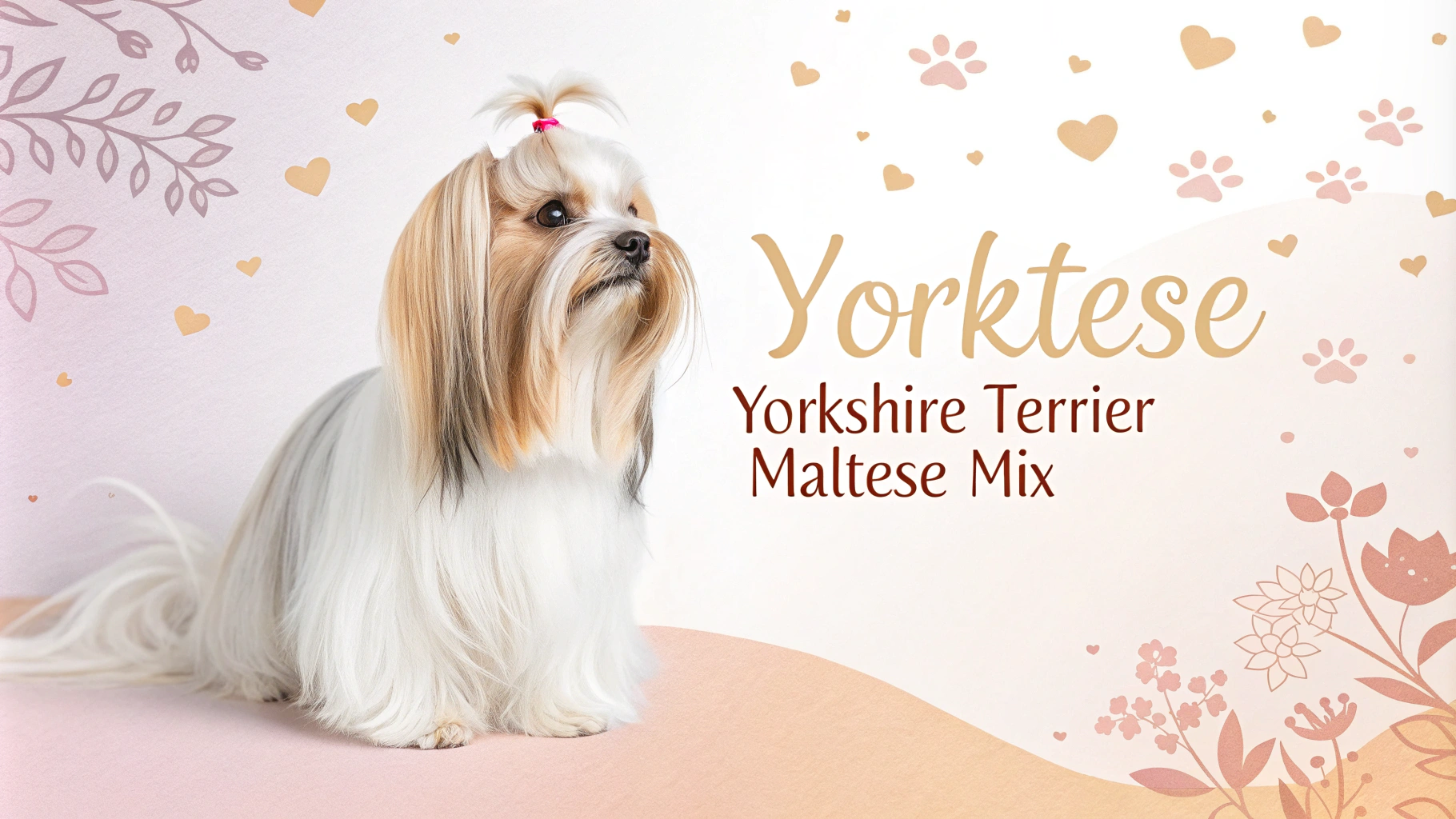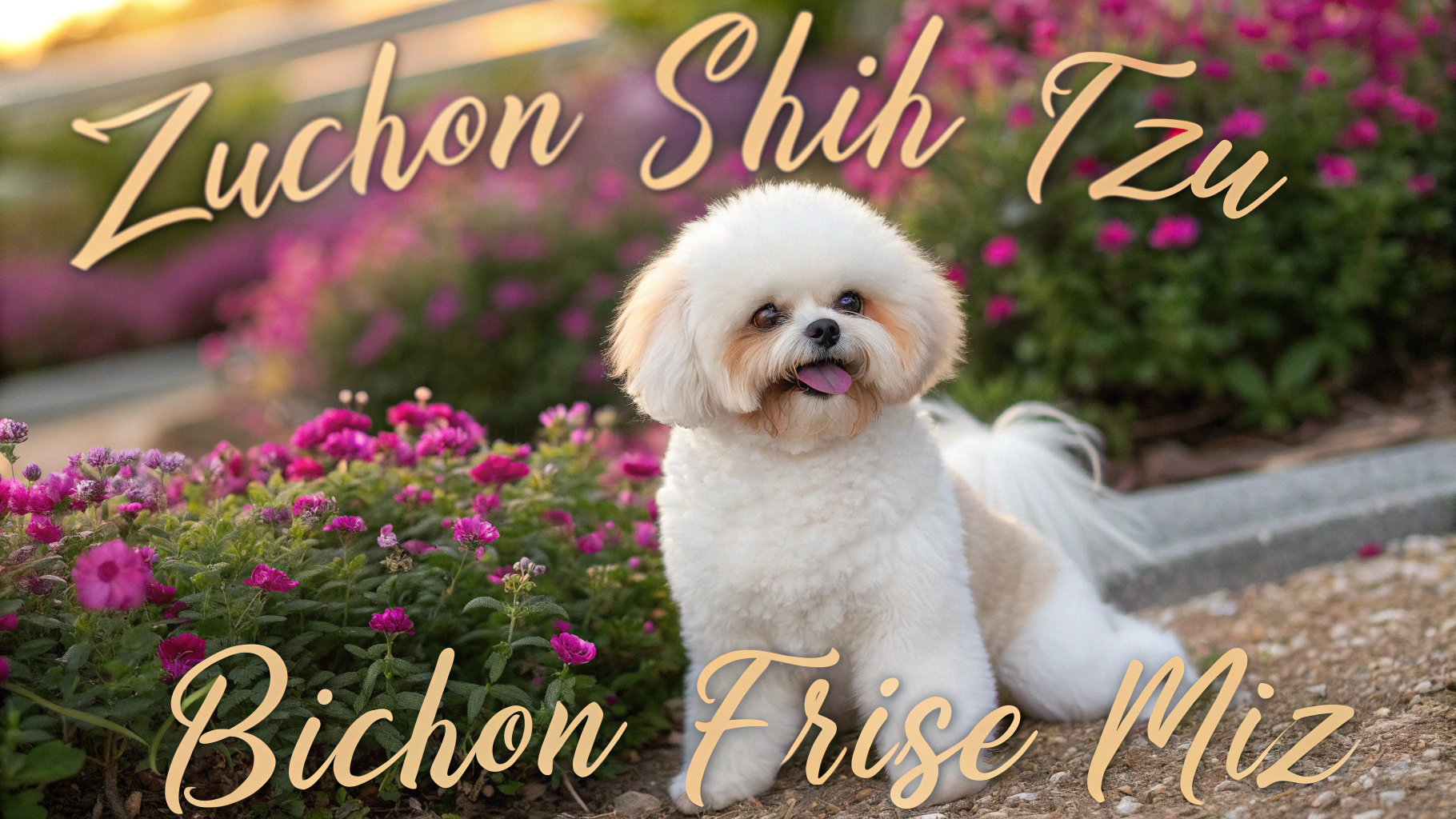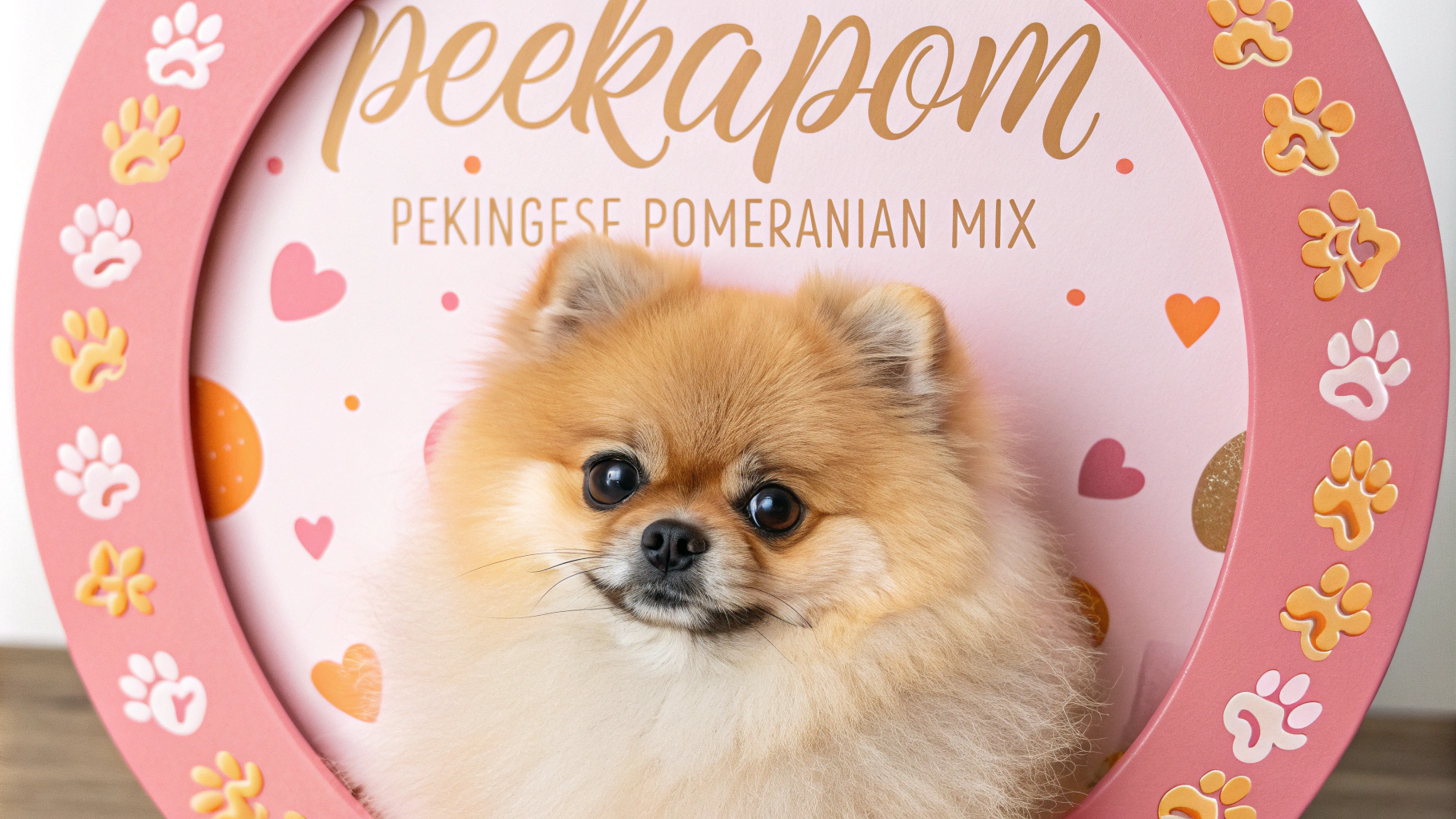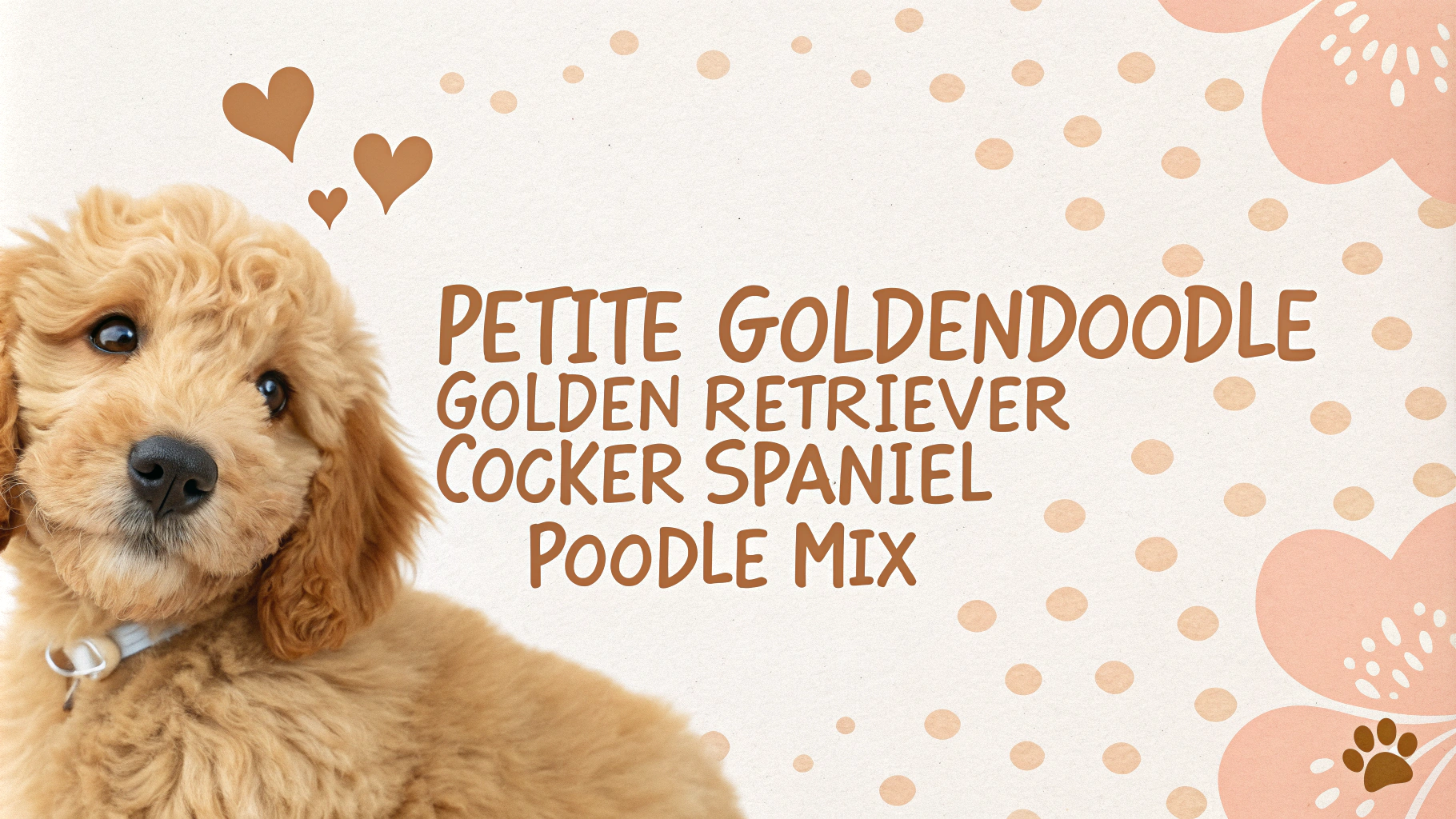The Golden Cocker Retriever, also known as a Dakota Sport Retriever, is a charming mixed breed resulting from the crossbreeding of a Golden Retriever and a Cocker Spaniel. This designer dog combines the friendly nature of the Golden Retriever with the compact size and playful spirit of the Cocker Spaniel. Known for their intelligence, affectionate temperament, and adaptability, Golden Cocker Retrievers make excellent family companions and are well-suited for various living situations.
Key Facts
- Size: Medium, typically weighing 30-45 pounds
- Height: 20-24 inches at the shoulder
- Coat: Medium to long, often wavy or slightly curly
- Colors: Golden, cream, red, black, or combinations
- Lifespan: 10-14 years
- Temperament: Friendly, intelligent, and energetic
- Good with: Families, children, other pets
- Exercise needs: Moderate to high
- Trainability: High, responds well to positive reinforcement
Character Traits
Golden Cocker Retrievers inherit a blend of personality traits from their parent breeds, resulting in a dog that is typically friendly, affectionate, and eager to please. These mixed breeds are known for their intelligence and trainability, making them excellent candidates for various dog sports and activities. They often display a gentle and patient nature, particularly with children, which contributes to their popularity as family pets.
Like their Golden Retriever parents, they tend to be social and outgoing, enjoying the company of both humans and other animals. The Cocker Spaniel influence may contribute to a slightly more independent streak and a keen interest in exploring their environment. Golden Cocker Retrievers are generally adaptable and can thrive in different living situations, from apartments to houses with yards, as long as their exercise needs are met.
These dogs often inherit the retrieving instinct from both parent breeds, which translates into a love for fetch games and water activities. They may also display a moderate prey drive, particularly towards small animals, due to the hunting background of both parent breeds. However, with proper socialization, they typically get along well with other pets.
History & Origins
The Golden Cocker Retriever is a relatively recent mixed breed, likely originating within the last few decades as part of the designer dog trend. While the exact origins are not well-documented, it’s believed that breeders aimed to combine the best traits of the Golden Retriever and Cocker Spaniel to create a medium-sized family companion with the friendly nature of a retriever and the compact size of a spaniel.
To understand this mix, it’s important to consider the history of both parent breeds. Golden Retrievers were developed in Scotland in the mid-19th century as hunting dogs, prized for their ability to retrieve game from both land and water. Cocker Spaniels, originating from Spain, were also bred for hunting, particularly for flushing out woodcock. Both breeds have since gained popularity as family pets due to their friendly temperaments and intelligence.
The intentional crossing of these two breeds likely began in the United States, where both parent breeds enjoy significant popularity. The resulting Golden Cocker Retriever mix aims to capture the Golden Retriever’s friendly and outgoing nature in a slightly smaller package, with the added benefit of the Cocker Spaniel’s compact size and playful personality.
Health Concerns
Golden Cocker Retrievers generally inherit health issues from both parent breeds. Common concerns include:
- Hip and elbow dysplasia: Inherited from Golden Retrievers
- Eye problems: Such as progressive retinal atrophy and cataracts
- Ear infections: Due to floppy ears inherited from Cocker Spaniels
- Allergies: Skin and food allergies are common
- Heart issues: Including mitral valve disease
Regular veterinary check-ups, proper diet, and exercise can help mitigate some of these health risks. Responsible breeding practices can also reduce the likelihood of genetic health issues.
Exercise Needs
Golden Cocker Retrievers are energetic dogs that require daily exercise to maintain their physical and mental well-being. They typically need:
- 60-90 minutes of exercise daily: This can include walks, runs, or playtime
- Mental stimulation: Puzzle toys, training sessions, and interactive games
- Swimming: Many enjoy water activities, inherited from both parent breeds
- Fetch and retrieval games: Satisfies their retriever instincts
A lack of proper exercise can lead to behavioral issues and weight gain. Tailor the exercise routine to the dog’s age, health status, and energy level.
Space Requirements
Golden Cocker Retrievers are adaptable dogs but thrive best in environments that provide ample space for exercise and play. Ideal living conditions include:
- Houses with yards: Provides space for outdoor activities and exploration
- Apartments: Possible with sufficient daily exercise and mental stimulation
- Access to open spaces: Parks, beaches, or hiking trails for regular outings
- Indoor space: Room for play and relaxation, especially during inclement weather
While they can adapt to smaller living spaces, Golden Cocker Retrievers generally do best in homes with some outdoor access. Regular exercise and mental stimulation are crucial regardless of living situation.
Nutrition & Feeding
Proper nutrition is essential for maintaining the health and vitality of Golden Cocker Retrievers. Key considerations include:
- High-quality dog food: Choose foods appropriate for their age, size, and activity level
- Portion control: Monitor food intake to prevent obesity, a common issue in both parent breeds
- Feeding schedule: Typically 2-3 meals per day for adults, more frequent for puppies
- Supplements: May be beneficial, particularly for joint health, but consult with a veterinarian first
- Fresh water: Always provide access to clean, fresh water
Avoid human foods that can be toxic to dogs, such as chocolate, grapes, and onions. Regular weight checks and adjusting food intake accordingly can help maintain a healthy weight.
Grooming Tips
Golden Cocker Retrievers have a medium to long coat that requires regular grooming to keep it healthy and tangle-free. Brushing 2-3 times a week is essential to remove loose fur and prevent matting. During shedding seasons, daily brushing may be necessary. Regular bathing every 4-6 weeks helps maintain coat health and cleanliness. Pay special attention to the ears, as both parent breeds are prone to ear infections. Clean the ears weekly with a veterinarian-approved solution and check for signs of infection or irritation. Trim nails every 2-3 weeks or as needed, and brush teeth regularly to prevent dental issues. Professional grooming every 6-8 weeks can help maintain the coat’s shape and overall appearance.
Training Approach
Golden Cocker Retrievers are intelligent and eager to please, making them relatively easy to train. Positive reinforcement techniques work best with this mixed breed, using treats, praise, and play as rewards. Start training and socialization early to ensure a well-behaved adult dog. These dogs may inherit a strong prey drive from their Cocker Spaniel parent, so consistent training in recall and impulse control is important. Mental stimulation through puzzle toys and training exercises helps prevent boredom and destructive behaviors. Golden Cocker Retrievers can be sensitive, so use gentle, patient training methods and avoid harsh corrections. Focus on obedience training, leash manners, and socialization with people and other animals. Consistency and repetition are key to successful training with this mixed breed.
